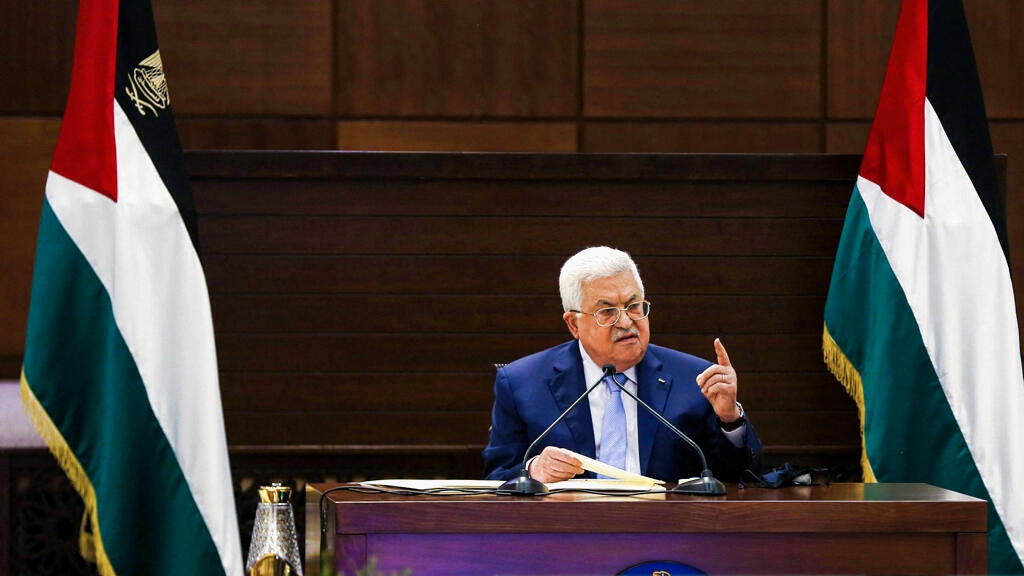In an exceptional decision, the United Nations General Assembly voted today, Friday, in favor of granting Palestinian President Mahmoud Abbas the right to deliver his speech to world leaders via video technology during the annual assembly meeting, after the United States denied him a visa to attend the meeting in New York.
The decision came with the support of 145 countries, against the opposition of only five countries, while six countries abstained from voting, reflecting broad international support for the Palestinian decision and an implicit rejection of the American stance.
This decision opens the door for the Palestinian president to communicate with the international community despite political constraints, and comes at a time when the Palestinian issue is witnessing escalating tensions on several fronts, most notably the issue of international recognition and pressure on the Israeli occupation.
This step is exceptional, as speeches by leaders in the General Assembly are usually delivered from the podium of the United Nations in New York, but in exceptional cases—such as a pandemic or diplomatic obstacles—speeches via video are permitted.
The United States, which hosts the United Nations headquarters, refrained from issuing a visa for President Abbas without publicly clarifying the reasons, prompting the Palestinian Authority to approach the General Assembly with a request to deliver the speech remotely, which was accepted by a large majority.
The anticipated speech from the Palestinian president is expected to carry strong messages regarding Israeli escalation, international recognition of the Palestinian state, in addition to criticisms directed at obstructing the peace process.

